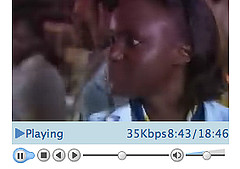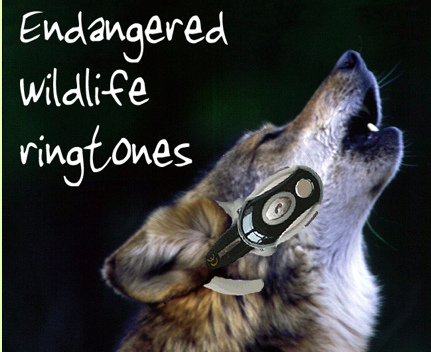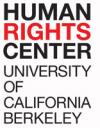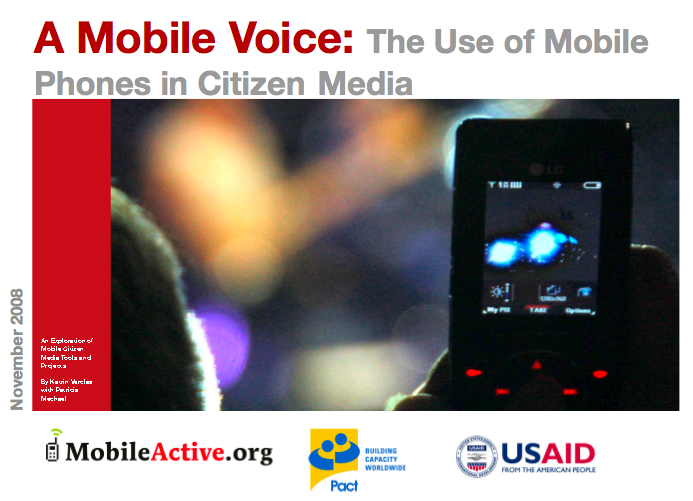MobEA V - Mobile Web in the Developing World in Banff, Canada on May 8th 2007, co-located with WWW2007 conference is accepting papers.
Here is the official scoop; note the civil society applications!
*************
Aim and Scope
We are in the midst of a mobile revolution. Mobile Web Initiative spearheaded by W3C is making a strong stand on how to realize the vision of pervasive mobile computing. Services provided have to be adapted to the users’ wants and needs. To do this, we need to go beyond technology, and understand the human-centric aspects of mobile computing. The objective of this workshop is to provide a single forum for researchers and technologists to discuss the state-of-the-art, present their contributions, and set future directions in emerging innovative applications for mobile users in the developing world. W3C has started a number of initiatives along the direction of Mobile Web Best Practices, Device Description Working Group, Device Independence Working Group and others.





















